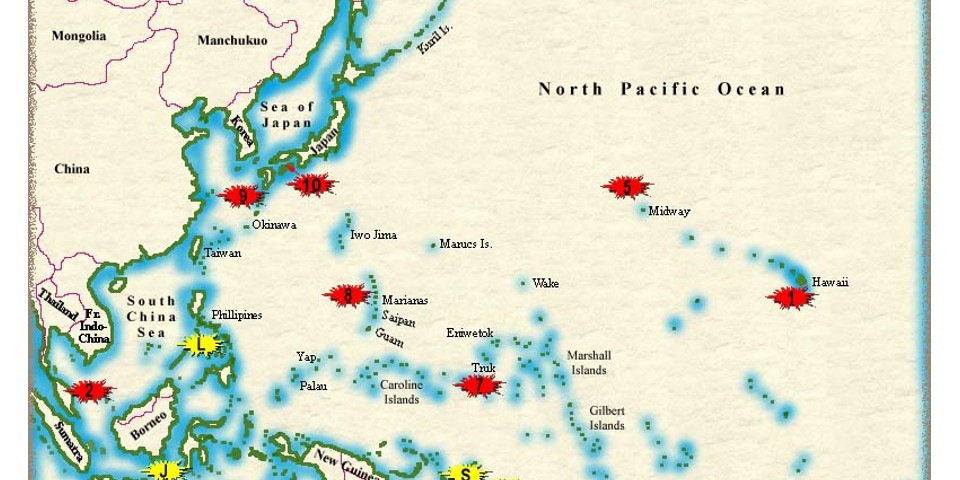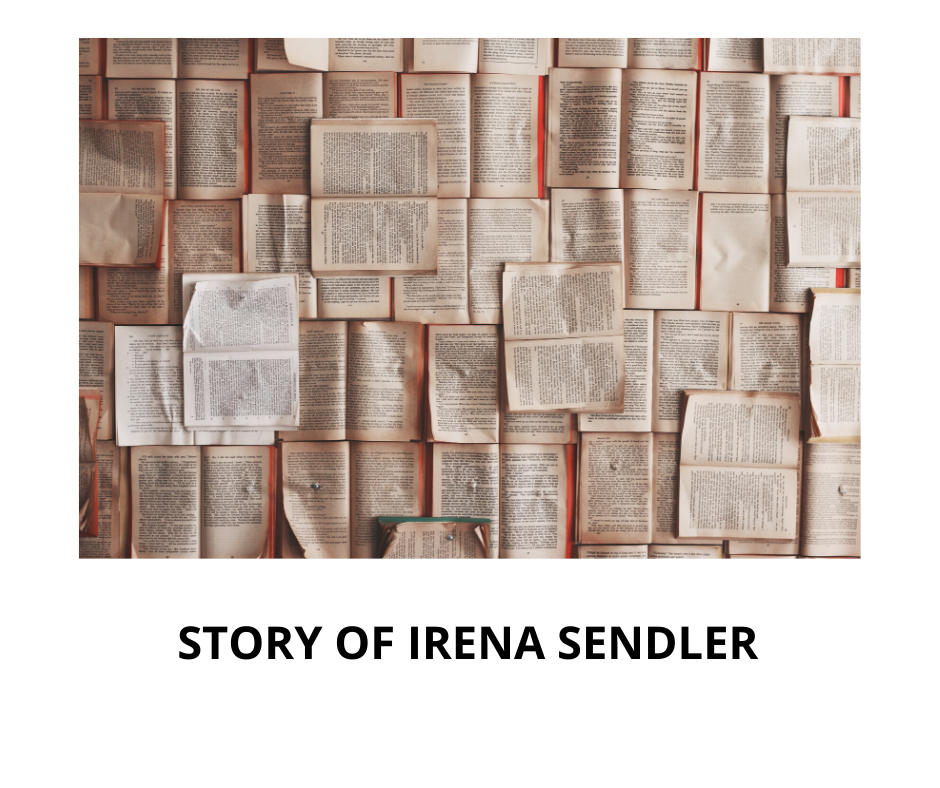Time Is Of The Essence : Frank’s Story From The Pacific

Consequences We Pay : A.G. Romano – Story From Iwo Jima
May 17, 2016
Story From A POW : Ed Bender
June 13, 2016The idea that “time is of the essence” when it comes to the elderly became a crystalized image in my mind when I met Frank, a WWII veteran. On a frigid December day just before Christmas in 2011, not even 5pm, yet it was already dark outside, I exited my car and I walked into the health care facility. Frank was a resident at Lexington Health Care and Rehabilitation. Over the past nine years, I have become very familiar with the subculture within healthcare facilities and nursing homes. I noticed certain happenings and set-ups within these institutions repeatedly as I visited hundreds of facilities diligently completing interviews. The activities director led me to a room to find a man lying completely down on his bed. He could not sit all the way up. “Go ahead, sit there,” he mouthed to me as he pointed to his wheelchair parked next to his bed. I filmed my interview with Frank as he lay in the bed of the Rehabilitation Hospital as I sat on his wheelchair in the small room.
I was humbled as Frank spoke. I could tell that it was difficult for him to speak. Frank could not even sit up. He had to lie down. I literally could sense that this would be one of the last times that he may share his stories about his experiences as a veteran from the Second World War. Every sentence that he uttered seemed to be a struggle. He was evidently ill, but he, himself responded to my flyer and called me to let me know that he was a World War Two veteran and he had a story to share for my project. As I sat there that December day with a man who was extremely infirm, suddenly, the value of time hit me in new way and my project seemed like it really mattered. I was honored that I had the chance to meet this man and to hear his story. It was apparent that the opportunity would not always be there. I was lucky enough to be able to be present that night and listen to Frank’s story.
Frank’s eyes opened and closed as he spoke to me sharing his story. Frank’s story begins with him enlisting on his 18th birthday. He was sworn in at Soldier Field in Chicago in November of 1942 with about five hundred other guys. He then went to Camp Grant and after that he went to complete basic training in Texas. He was in an outfit called the 7th reconnaissance squadron.
In July 1943, they shipped out to Australia and trained for seven months. From there, he went north to New Guinea. Frank’s eyes caught mine as he shared,
“I looked and thought, my God all these ships. It looked like there were more ships than water. We were in the first assault wave. To either side, there was an enormous amount of ships. Never saw anything like it in my life.”
He shook his head, paused for a bit and then continued,
“Finally, we got inside the bay. Thought it was, well, it sounded like Grey Hound busses going over us, but it was 16 inch guns from the battle wagons behind us that were going overhead. We got ashore. Our platoon was part of an outfit called the 302nd reconnaissance troops. We were scouts. Our job was to go out and find the enemy.”
As Frank lay there, he explained to me some of the intricacies of what it was like on a landing craft, “Getting off the ship was trickier than you expect,” he smiled at me as he reflected about his days of going down that ladder.
He shared,
“You go down a Jacob’s ladder, it’s a rope, you clamber down to get into another craft. When I was going down, the Navy guy loaded up my machine gun. He was lowering my machine gun onto my head and banging me in the head with it as I was going down the ladder. As I looked down, I saw the landing crafts and I thought to myself, boy, you didn’t want to go in between.”
It was as if it was otherworldly, as Frank became further engaged in sharing his story, it was as if sharing his story with me made him feel better than how he felt when I first entered his room and I saw a suffering man lying there in his bed. Frank’s smile lit up yet again as he recounted what Douglas MacArthur told the men, “Let’s take the damn place.” Frank came up on the 5th wave. Douglas MacArthur is a name in bold in every History book that covers WWII and here I was spending time with a man who was under MacArthur’s leadership. In 2011, I was able to meet someone who interacted with Douglas MacArthur because Frank told me his story.
Frank continued, “On my 20th birthday, it was Thanksgiving that particular year, 1944, a lieutenant, sergeant and another guy were on a four man patrol. It was hard to tell where we were because the map wasn’t terribly accurate.” I thought about my own 20th birthday. Life sure is different for everyone. I was studying abroad and living in Rome, Italy while I was in college on my 20th birthday and Frank was defending our great country, so people like me, generations after him could enjoy freedom and have privileges such as studying abroad.
I had caught Frank in time. I had the opportunity to hear from him in his own words what exactly it was like to get off one of those ships. I vividly pictured him clambering down the ladder as he attempted to get off the ship. That was a detail that would not be included within a history book, but Frank let me know what it was like.
This particular nursing home was located close to my house, so I would often see ambulances leave from the parking lot. Growing up, I never really thought much about this. After meeting several of the residents at the nursing home, as I drove past and noticed the flashing lights outside the nursing home, I thought, “was it Elaine, Frank, Justin, John ….. who were being carted off in an ambulance? Were they okay?” I found out that Frank died just days after I spoke with him.
Interviewing vets like Frank honed in on how this generation was dying. Milton Webe was a veteran of WWII who lived in Albion, Illinois. We had a phone interview which was followed up by numerous additional phone conversations. Milton was someone who became a friend. You will meet numerous people whom I interacted with again after our initial interview and then again after that and then again …. and in time, they became my friends. I am introducing you to Milton now because as I was speaking with Milton Webe, he said that people who know people who were in the service better hurry up and “do what you are trying to do. They need to ask people now.” He pointed out to me how I needed to ask and then ask again.
He instructed me to keep asking until people talk. The WWII generation was dying off. There was expediency for me to get out there and interview. Every day mattered. Actually, every hour mattered. When it came to my oral history project, one thing was for sure, “Time was of the essence.” Meeting Frank further informed me about this important lesson. I am happy that I had the opportunity to meet him that day and to hear his story before he passed away. A few months after I interviewed Frank, I received an e-mail from his daughter. She found my flyer in his nursing home room when she was cleaning it out. She wondered if her dad ever met with me. I told her that he had and that she could have a copy of my interview.
Now I am a few years removed from active interviewing (meaning going to an interview just about every day), and the moments and the memories from all of my interviews will return. Whether I am driving down the street or I am out and about, I will see something or hear something and it will remind me of the time, of the day, or of the place of my interview with so and so and for that moment, I will go back and I will remember what it was that someone shared with me. Life was busy and happening as I was conducting interviews for this project. Many packages of stories that people sent to me came in the mail and I did not open them until now – until the writing of this book.
I find myself reading the materials sent to me and wishing I could ask just one more question, wishing I had opened the packages sooner because with the WWII generation “time was of the essence.” By the time I opened some peoples’ packages, it was in fact too late, but I had what they sent to me. I did in a way capture their story even if I could not follow up with that individual and ask a question. Recurrently through the years, this WWII stories project taught me that there is no gift greater than time. You can have all the money in the world, but no one can add more seconds to a day or days to a year. Time passes and we all age with every second that passes.
“One day you will wake up and there won’t be any more time to do the things you’ve always wanted. Do it now.” – Paolo Coelho
“Make every day your masterpiece.” – John Wooden





1 Comment
Very interesting! Cool!